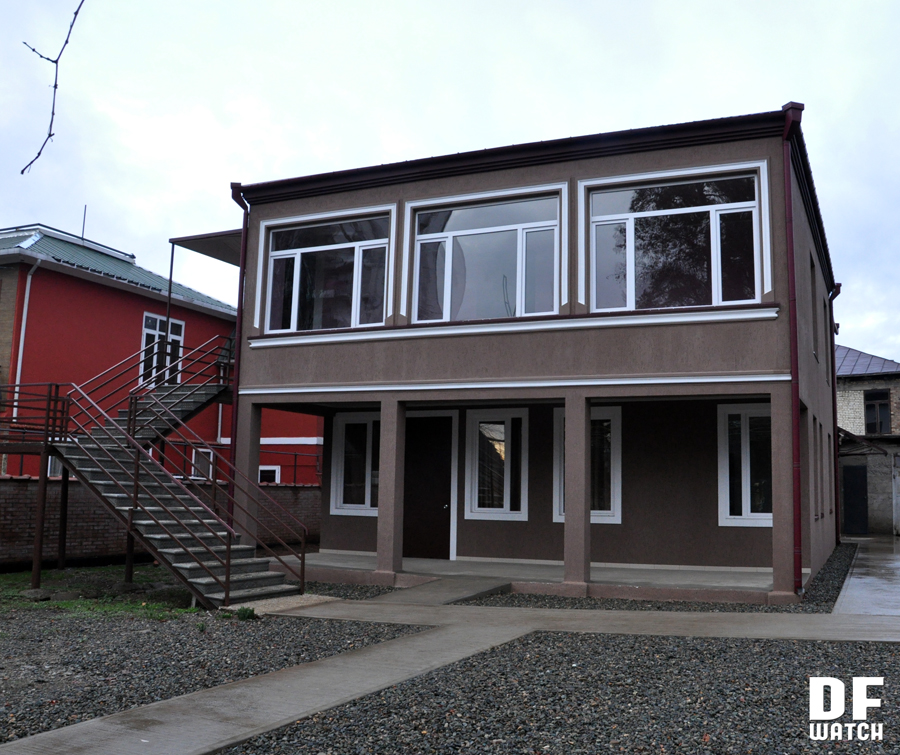
TBILISI, DFWatch–The European Court of Human Rights last week found that Georgia has violated the human rights of the Jehovah’s Witnesses community in the country.
The violations the court looked at date 14 years back in time, but the group is still being attacked today.
In the case of Jehovah’s Witnesses in Begheluri and others vs. Georgia, the judges found that there were violations of the convention’s article 3 about prohibition of inhuman and degrading treatment, article 14 about prohibition of discrimination and article 9 about freedom of thought, conscience, and religion.
Applicants were comprised of 99 people, all but one Jehovah’s Witnesses. The court found violations of different articles in the cases of different applicants. The highest number of violations, against 88 applicants, were found with regard to article 9.
The court found that the conduct of the Georgian authorities at that time was inappropriate and sometimes state officials, i.e. police, even participated in attacks on Jehovah’ Witnesses.
“The authorities had thus created a climate of impunity, which encouraged further attacks throughout the country. Furthermore, they had been unwilling to ensure the prompt and fair prosecution of those responsible,” the ruling says.
As a result of the ruling, Georgia has to pay each of the applicants which were subject to violations a 350 euros compensation, and an additional 15,000 euros to cover the expenses of the trial.
The case invokes sad memories of events in the early 2000s, when a group of radical Orthodox Christians, led by “mamao” Basil Mkalavishvili, who had been banished from the Georgian Church several years prior, viciously attacked congregations of religious minorities, particularly Jehovah’s Witnesses, throughout the country.
The government of late president Eduard Shevardnadze, which was immersed in corruption, did nothing to prevent the violence, and in some cases government officials even cheered it on.
One of the 30 instances in the case is particularly uncomfortable reading. During an assault on a congregation of up to 700 Jehovah’s Witnesses in the western Georgian countryside, applicants argued that ‘police officers opened fire, devastated the house and beat several of the applicants’.
Jehovah’s Witnesses and some denominations that are offshoots of Protestantism have until recently been targets of aggression more often than other religious denominations that have a more or less historical foothold in Georgia. But in the past few years, Georgia has witnessed an increase in attacks on Muslims too.
‘Mamao’ (‘Father’) Basil Mkalavishvili, a defrocked priest who is notorious for his vigilante attacks on Jehovah’s Witnesses and some other denominations’, also on independent media, was arrested in 2004 and sentenced to 6 years in jail, but released from prison in 2008, after which he formed his own sect.
He was active when thousands of radicals attacked a small event to mark the international day against homophobia May 17, 2013.
Mkalavishvili was expelled from the Georgian Church in 1995 after years of berating its leaders for not being strict against religious minorities.
Although the events the court studied took place in 2000-2001, Jehovah’s Witnesses are still targeted in Georgia, but with less brutality and intensity than in Shevardnadze times.

